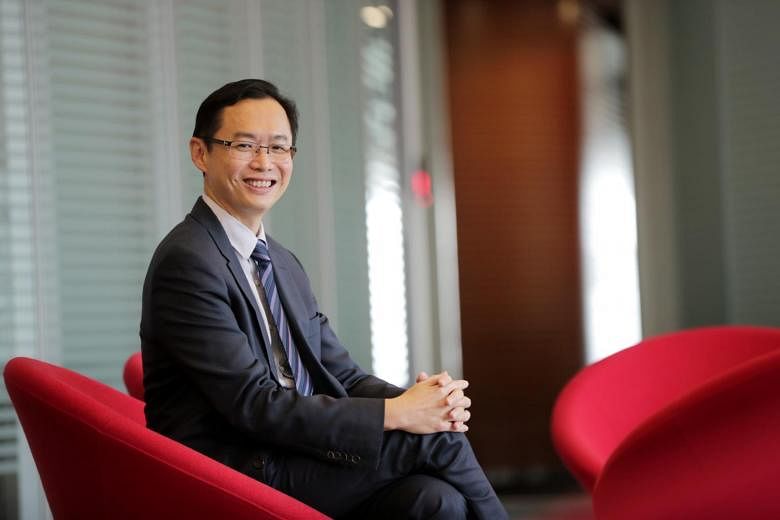SINGAPORE - Mention infrastructure in Singapore, and one might think of Jewel at Changi Airport, or the Greater Southern Waterfront development announced in Prime Minister Lee Hsien Loong's recent National Day Rally.
But the city-state is looking beyond its shores to export its infrastructure expertise.
Since October last year, Infrastructure Asia (IA), which is jointly set up by Enterprise Singapore and the Monetary Authority of Singapore, has met more than 300 international developers, financial institutions and multilateral development banks to broker deals and share best practices in the region.
The office is now active in seven regional markets, including Myanmar, Indonesia, the Philippines and India, said IA executive director Seth Tan.
For partners used to direct financing, working with a "development buddy" like IA that provides in-kind support takes getting used to, said the 48-year-old former banker.
An example is the New Yangon City urban development project in Myanmar, where IA helped scope the evaluation for power and natural gas supply and distribution.
"When we first approached the New Yangon Development Company Limited (NYDC), they couldn't quite understand our model, as typical assistance is through funding to hire a consultant. It took us a few months and seven meetings before they decided to work with us," he said.
NYDC is an entity under the Yangon regional government that runs New Yangon City.
"But this model, leveraging on our partners in the Singapore ecosystem to provide catalytic advice, turned out to be interesting to NYDC, as we are not bounded by our own office capabilities or any single consultant."
Another feather in IA's cap is the US$500 million (S$692 million) China-Singapore Co-Investment Platform announced in April, which it brokered between Surbana Jurong and China's Silk Road Fund.
The formal agreement is expected to be signed by the end of this year.
With an estimated 90 million people in South-east Asia moving into urban centres over the next 10 years, Mr Tan sees regional opportunities for new and upgraded infrastructure as well as asset recycling, in spite of ongoing global trade tensions.
Singapore can also export its expertise in newer areas, such as waste-to-energy and green finance for green buildings, he said.
"There is a yearning for better quality and sustainable infrastructure that looks at the whole-of-project life cycle.
"Better preparation can result in better projects, and this is one area where the Singapore ecosystem can contribute."
Complementing these are efforts to develop regional infrastructure as an asset class, in line with the financial services industry transformation map to develop Singapore as a full-service Asian infrastructure hub.
Last year, Temasek-backed Clifford Capital priced Asia's first infrastructure project finance securitisation, in which US$458 million of debt was issued to institutional investors, such as asset managers and pension funds.
Clifford Capital chief executive Clive Kerner said future enhancements could include a warehousing facility to give banks an easier way to recycle their capital.
"It enables us to acquire loans from banks as and when they are available, keep them on our balance sheet and execute issuances when market conditions permit.
"It also enables us to engage with a broader group of banks, thereby increasing transaction volumes."
For selling banks, Mr Kerner said Clifford Capital is exploring an eligibility framework to govern take-out criteria, which will give banks greater clarity and certainty.


